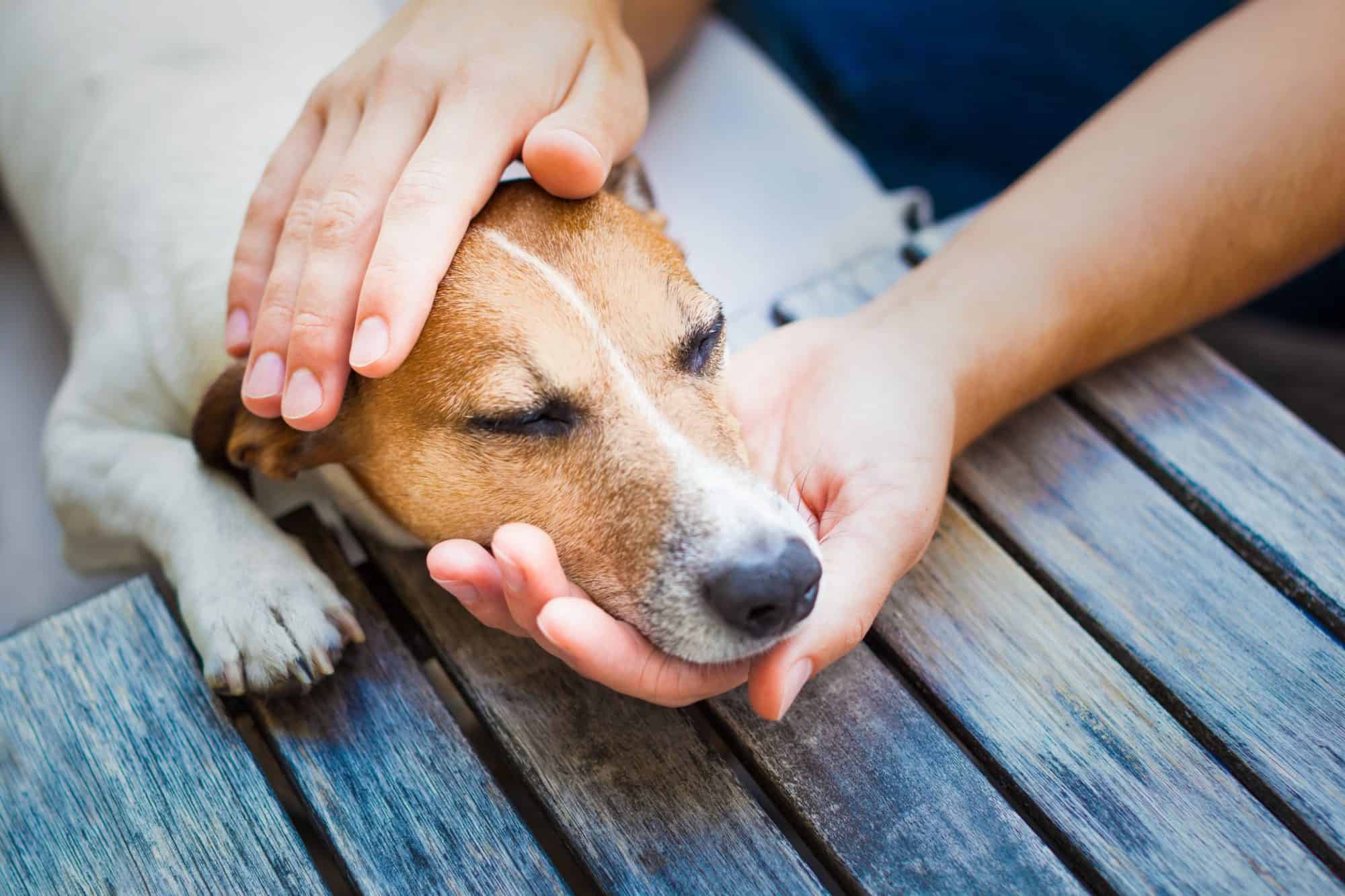Who Cares for Dogs When They Get Ill?
Dogs are more than just pets—they are loyal companions, trusted friends, and for many people, family members. When they fall ill, it can be just as distressing as when a human loved one is unwell. But who takes care of dogs when they get sick? The answer is more complex than it seems. From loving owners and dedicated veterinarians to animal rescue workers and pet sitters, there’s a whole ecosystem of care that comes into play when a dog needs help. Whether you’re managing your pet’s appointments or seeking resources to support their treatment, platforms like Spinando login can help pet owners stay organized and connected with professional care.
The First Line of Defense: Pet Owners
Most often, it’s the pet owner who notices when something is wrong. A change in appetite, lethargy, vomiting, coughing, or unusual behavior are all early signs that something might be off. A responsible dog owner knows their pet’s habits, and any deviation from the norm can be a warning sign.
Owners who are emotionally bonded to their dogs often take on the caregiver role naturally. They administer medications, monitor food and water intake, provide comfort, and manage vet visits. For many, the role is not just a duty—it’s an act of love. They stay up all night with their dogs, comfort them when they’re scared, and sometimes even make painful decisions about surgeries or end-of-life care. These people are the backbone of a dog’s support system.
Veterinarians: The Medical Experts
When a dog’s illness goes beyond home care, veterinarians step in. Vets are highly trained medical professionals who specialize in animal health. Whether it’s an ear infection or cancer, they have the tools and knowledge to diagnose and treat a wide variety of conditions.
Veterinarians are not only responsible for treating the dog physically—they also play a crucial role in supporting pet owners emotionally. Many dog owners rely heavily on their vet’s guidance, especially when faced with difficult decisions like costly surgeries, chronic diseases, or euthanasia.
Vet technicians and support staff also play a major role. They handle everything from x-rays and blood tests to post-operative care and recovery monitoring. These teams work tirelessly, often under stressful conditions, to make sure dogs receive the best possible care.
Animal Shelters and Rescues
Not every dog has a home, and for those that don’t, shelters and rescue organizations step in. When stray or abandoned dogs become ill, these institutions often provide the only hope. Many rescue organizations operate on tight budgets, relying on donations, volunteers, and a deep sense of compassion to help sick dogs recover.
In these environments, veterinary care is sometimes limited, but every effort is made to give dogs a chance to heal and find loving homes. Foster caregivers also play a significant part by offering home-based recovery for sick or injured dogs until they are adopted.
Emergency Clinics and Animal Hospitals
In critical situations—accidents, poisoning, severe infections—emergency animal clinics and hospitals become lifesavers. These facilities are usually equipped with specialized technology and staff trained to handle life-threatening conditions. They provide around-the-clock care, including surgeries, IV drips, intensive monitoring, and emergency medications.
These centers are crucial for dogs who need urgent help outside regular vet hours. The people who work in these settings are often driven by a deep love for animals, working long shifts to ensure every dog has a fighting chance.
Pet Sitters, Friends, and Community Help
Sometimes, dog owners can’t handle everything on their own. In these cases, friends, family, neighbors, or even professional pet sitters can offer support. They might help administer medication, walk the dog when the owner is overwhelmed, or provide company during recovery.
In communities with strong animal welfare networks, volunteers often step in to help with transportation to the vet, donation of food and supplies, or simply checking in on a recovering dog.
The Emotional Cost and Reward
Caring for a sick dog is emotionally draining. Watching a beloved pet suffer can be heartbreaking. It takes time, energy, patience, and often considerable money. However, for those who have experienced the love of a dog, the effort is always worthwhile. The tail wag when a dog starts to feel better, the trusting eyes, the quiet companionship—they are powerful reminders of why we care.
In Conclusion
So, who cares about dogs when they get ill? The answer is: many do. From devoted owners and skilled veterinarians to compassionate rescue workers and generous communities, countless people are willing to go the extra mile for a dog in need. Their care is a testament to the deep bond between humans and dogs—a relationship built on loyalty, love, and unspoken understanding.







